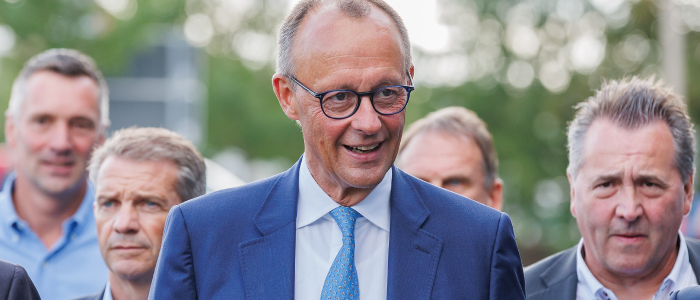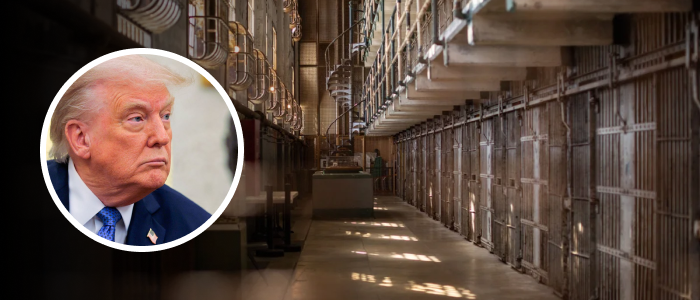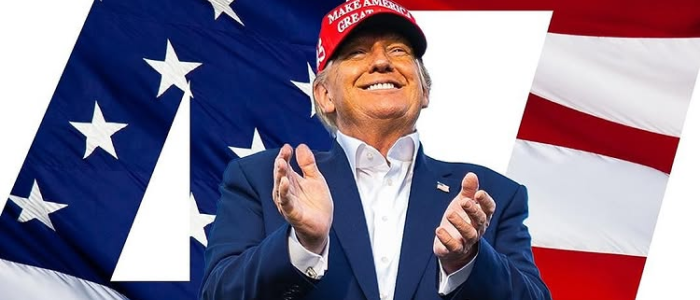Premier Danielle Smith says she’s confident Dow Inc. will move ahead with its $9-billion petrochemical project in Alberta, even though the company said it will delay construction on the massive development. And as she wrapped up a trip to Asia to discuss trade opportunities , Smith expects other proposed developments critical to Alberta — such as new energy projects — will occur as interest in Canadian energy increases.
In an interview Saturday from Tokyo, the premier said she was disappointed with the announcement Dow was delaying construction at its megaproject in Fort Saskatchewan until market conditions improve. Yet, after speaking with CEO Jim Fitterling earlier this week, she is confident the company’s “Path2Zero project” will proceed. “He was reaching out to explain that they had a pretty aggressive timeline when they first launched and now they’re making decisions based on pacing out of the costs.

. . It’s now just a matter of slowing down the timing with this uncertainty that we have in the world,” Smith said.
“It’s disappointing to see that, but not really surprising, because we are hearing a number of companies (that) are being very cautious until there’s some certainty around what the global environment is going to look like.” On Thursday, the Michigan-based company unveiled a series of cost-cutting measures, including trimming Dow’s capital expenditures by $1 billion and delaying construction on its project in Fort Saskatchewan . The development was announced almost 18 months ago and described as the world’s first net-zero integrated ethylene cracker and derivatives complex.
Dow has a petrochemical complex in Fort Saskatchewan, and the project is designed to triple the facility’s ethylene and polyethylene capacity. Between 6,000 to 7,000 jobs will be created during the construction’s peak. Today, about 250 Dow employees are working on the project, along with 1,200 contractors on site.
The development is the largest capital investment taking place in the province, but it’s unfolding during a period of economic turmoil. During the call with analysts, Fitterling noted that “volatile macroeconomic conditions” are affecting the petrochemical sector. The project’s first phase was initially expected to start operating in 2027, followed by a second phase beginning two years later.
“We remain committed to the long-term strategic rationale of the project,” Fitterling said. “We can pause now before we have a big ramp-up in labour in the field, and then we can push some of that work out until we see how things land with tariffs.” Smith said it sounds like the company is targeting the project’s first phase to start in 2028.
She noted Dow has made major purchases tied to the expansion. “I’m still of the view that they are strongly committed to the project,” she added. Bill Rawlusyk, executive director of North American NGL markets with S&P Global Commodity Insights in Calgary, said new ethylene and polyethylene production is planned around the world, and the biggest issue facing the petrochemical industry is overcapacity.
“We’re starting to see, especially with the tariffs and global trade and the thoughts of a . . .
potential global recession, people are being a little more cautious,” he said Thursday. U.S.
President Donald Trump has threatened to impose 25 per cent tariffs on all Canadian products — except a 10 per cent for energy and potash — but the levies on most Alberta products have been paused. (Tariffs are already hitting some Canadian items, such as steel, aluminum and the auto sector.) U.
S. “reciprocal tariffs” that the president announced earlier this month were later paused for three months — except against China — after massive upheaval rocked financial markets and ignited concerns about a slowing global economy. RelatedCanola's Canadian roots targeted and tested by Chinese tariffs, Saskatchewan farmers sayChina says it wants Canada as a partner in pushing back against U.
S. tariff ’bullying’ In a statement Friday, NDP MLA Rhiannon Hoyle criticized Smith for previously declaring Alberta had achieved a “big win” in the tariff situation with the United States, saying the reality is “industry is struggling because of the uncertainty caused by Trump’s economy destroying tariffs.” The premier said she doesn’t think tariffs are, in particular, directly affecting the Dow development, but said tariffs are “clearly impacting the global investment environment,” including energy prices, currency values and stock markets.
“My sense of it, though, was that this is not related to either tariffs from the Americans or the counter-tariffs from Canada,” she said. “It really is just the global uncertainty that’s been created by the tariff war, writ large, in all jurisdictions.” After conducting several meetings during the trip to discuss energy, Smith believes the province can grow its trade with South Korea and Japan.
Last year, Alberta sold almost $2.7 billion of goods to Japan — the province’s third-largest export market — and $1.2 billion of products to South Korea.
Smith met with officials from Mitsubishi Corp. and Korea Gas Corp., two members of a consortium that’s developing the LNG Canada project being completed on the British Columbia coast.
It will be the first major facility to export super-cooled natural gas from Western Canada to Asia, beginning later this year. It’s also expected to increase drilling activity and boost demand for Alberta natural gas. The project’s first phase will export about 1.
8 billion cubic feet of gas per day. The group is considering a second phase, which would potentially double its exports. “They proactively raised with me that they’re starting the process of looking into the feasibility of LNG (Canada Phase) 2,” Smith said.
“I think that’s a very strong measure of support and I hope the economics work out.” Smith, who met with energy company officials in South Korea, pointed out that several refineries in the country have accepted shipments of Canadian crude that moved through the expanded Trans Mountain system . In January, the CEO of Trans Mountain Corp.
said the Crown corporation has begun preliminary work to examine ways it could incrementally increase capacity further on its system. There will be more demand for Alberta heavy oil from new markets, and the companies indicated “the product was excellent for their refinery in Korea,” Smith said. Canada has free trade agreements with both countries.
“Canada has become elevated in the last number of months because relationships are so important in this part of the world, and I think that they’re looking for stability,” the premier said. “They’re looking for a partner that honours trade agreements, and they’re looking to find more ways of doing business with us. So, I’m feeling pretty optimistic.
” Chris Varcoe is a Calgary Herald columnist. [email protected].
Politics

Varcoe: Danielle Smith confident Dow's $9B petrochemical project will be built, despite construction delay

The development is the largest capital investment taking place in Alberta, but it’s unfolding during a period of economic turmoil















